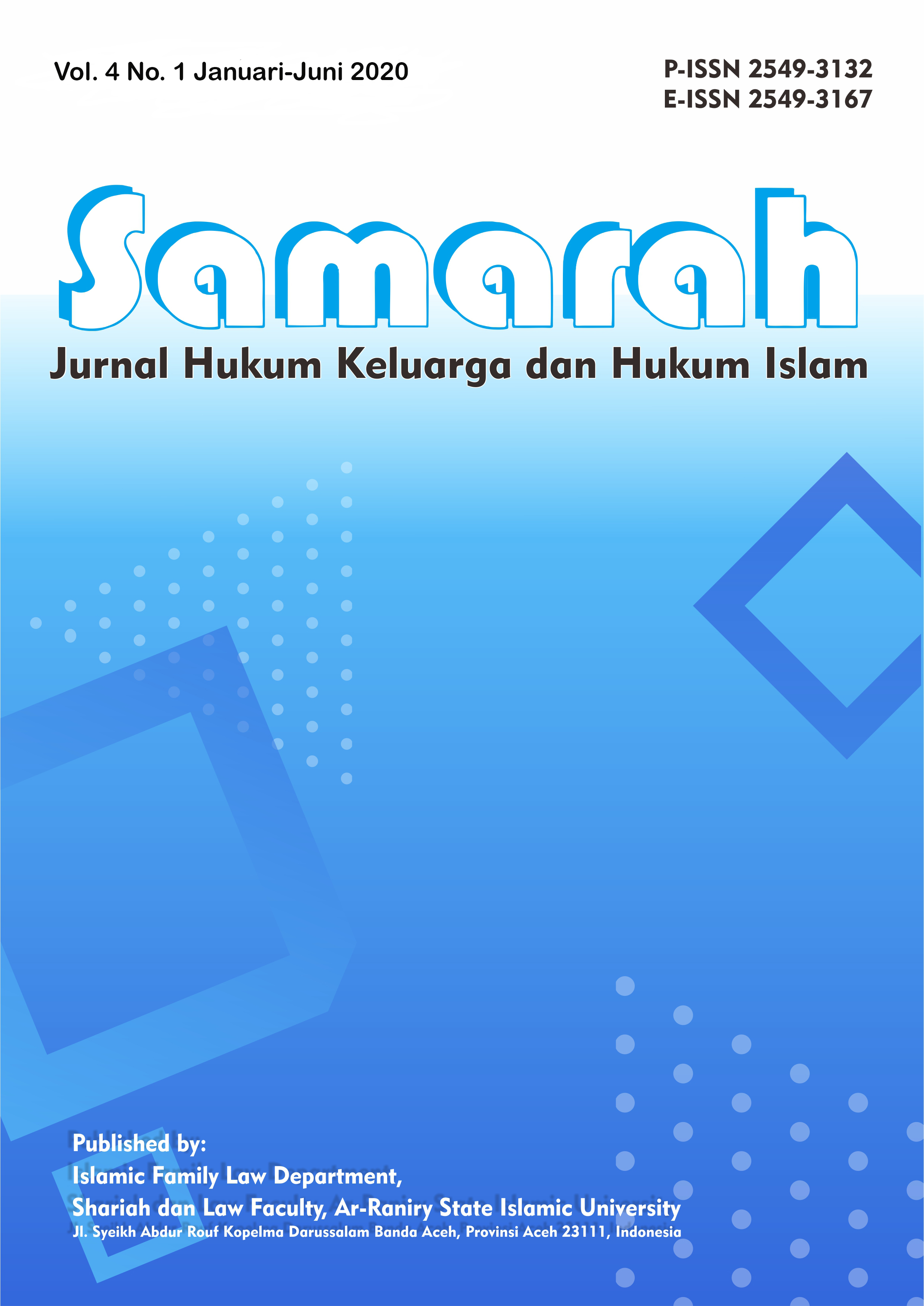Revitalizing the Role and Function of the Mosque as a Center for Da'wah Activities and Community Development
DOI:
https://doi.org/10.22373/sjhk.v4i1.7050Keywords:
Revitalization, preaching activities center, fostering the community and civil societyAbstract
Prophet Muhammad SAW was the first to build a mosque and he has given a very strategic role to the mosque and functioned optimally as a center for da'wah and fostering activities of the people. The Prophet Muhammad SAW was the bearer of the Divine message which was the most successful in conveying Islamic teachings and the most successful in fostering the Ummah. In less than 23 years, Rasulullah SAW succeeded in conveying the teachings of Islam perfectly and gained a very large number of followers and at the same time managed to foster the ummah into a civil society with high civilization and noble character. From one of the first mosques built by Rasulullah SAW in Quba, there are now millions of mosques throughout the world. But the role and function of mosques, in general, have experienced a lot of degradation, less functioning as a center of worship and Islamic culture, as practiced by Rasulullah SAW, more mosques only function as places of worship, instead, there are mosques which are only used as places for Friday prayers, whereas prayer the other five times are not held in the mosque in the congregation, because Muslims are not disciplined in keeping their prayers in congregation. This article would like to convey some thoughts, ideas, and ideas for the revitalization of the mosque as a center for preaching and fostering activities of the people.
References
Abdul Rosyad Saleh, Manajemen Da`wah Islam, Jakarta: Bulan Bintang, 1977.
Ahmad Yani, Panduan Memakmurkan Masjid, Kajian Bagi Aktivist Masjid, Jakarta: Lembaga Pengkajian dan Pengembangan Khaira Ummah, 1999.
Ahmad Sutarmadi, Pendidikan dan Pengembangan bagi Para Manajer Masjid di Nanggroe Aceh Darusalam, Jakarta: Dewan Masjid Indonesia, 2005.
Didin Hafifuddin, Dakwah Aktual, Jakarta: Gema Insani Press, 1998.
Dinas Syariat Islam Provinsi Nanggroe Aceh Darussalam, Data Masjiid dalam Provinsi Nanggroe Aceh Darussalam, Banda Aceh: Dinas Syariat Islam Prov. NAD, 2003.
G.R. Terry, Dasar-Dasar Manajemen, alih bahasa, Ticoalu, Jakarta: Bumi Aksara, 1992.
M. Hasan Basry, Manajemen Masjid dan Meunasah, Banda Aceh, Dewan Kemakmuran Masjid Aceh (DKMA). 2004.
Miftah Farid, Masyarakat Ideal, Bandung: Pustaka, 1994.
Moh. E. Ayub dkk, Manajemen Masjid, Jakarta: Gema Insani Press, 1996.
Muhammad Fu’ad `Abdul Baqi, Sunan Ibni Mājah, al-Juz’ al-Tsānῐ, Semarang: Thoha Putra, t.t.
Muhammad Husain Haikal, Hayātu Muhammad, Terj. Ali Audah, Jakarta: Lentera, 1998.
Pimpinan Pusat Dewan Kemakmuran Masjid Aceh (PP DKMA), Manajemen Masjid dan Meunasah, Banda Aceh: PP DKMA, 2004.
Sa’id Ramadhan al-Buthy, Sῐrah Nabawiyah, Jakarta: Pustaka al-Kawtsar, 1999.
Siwanto, Panduan Pengelolaan Himpunan Jamaah Masjid, Jakarta: Pustaka Armani, 2002.
Sofyan Syafri Harahap, Pedoman Manajemen Masjid, Jakarta: Pustaka Quantum Prima, 2001.
Supandi dkk, Manajemen Masjid dalam Pembangunan Masyarakat, Yogyakarta: UII Press, 2001.

Downloads
Published
Issue
Section
License
Authors who publish in Samarah: Jurnal Hukum Keluarga dan Hukum Islam agree to the following terms:
- Authors retain copyright and grant the journal right of first publication with the work simultaneously licensed Attribution-ShareAlike 4.0 International (CC BY-SA 4.0) that allows others to share the work with an acknowledgment of the work's authorship and initial publication in this journal.
- Authors are able to enter into separate, additional contractual arrangements for the non-exclusive distribution of the journal's published version of the work (e.g., post it to an institutional repository or publish it in a book), with an acknowledgment of its initial publication in this journal.
- Authors are permitted and encouraged to post their work online (e.g., in institutional repositories or on their website) prior to and during the submission process, as it can lead to productive exchanges, as well as earlier and greater citation of published work. (See The Effect of Open Acces)









